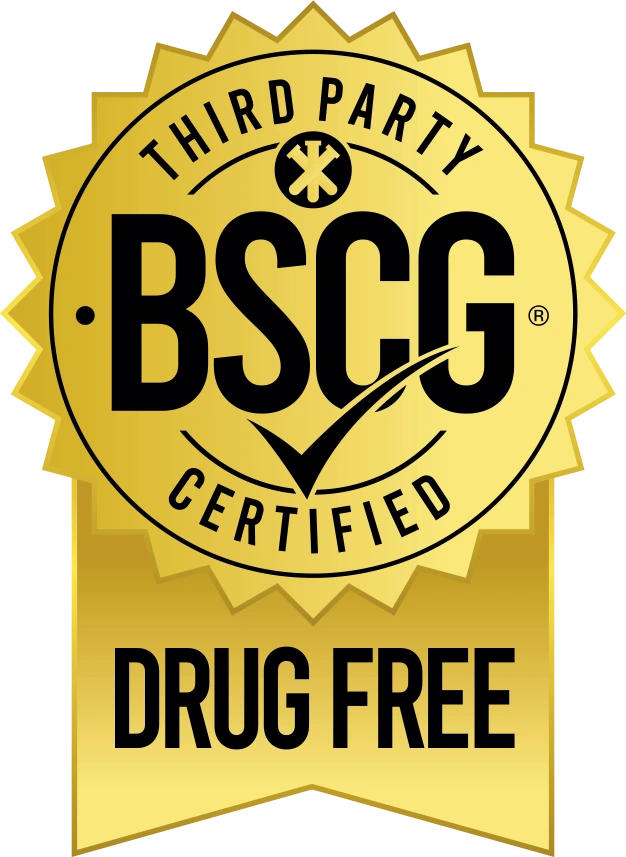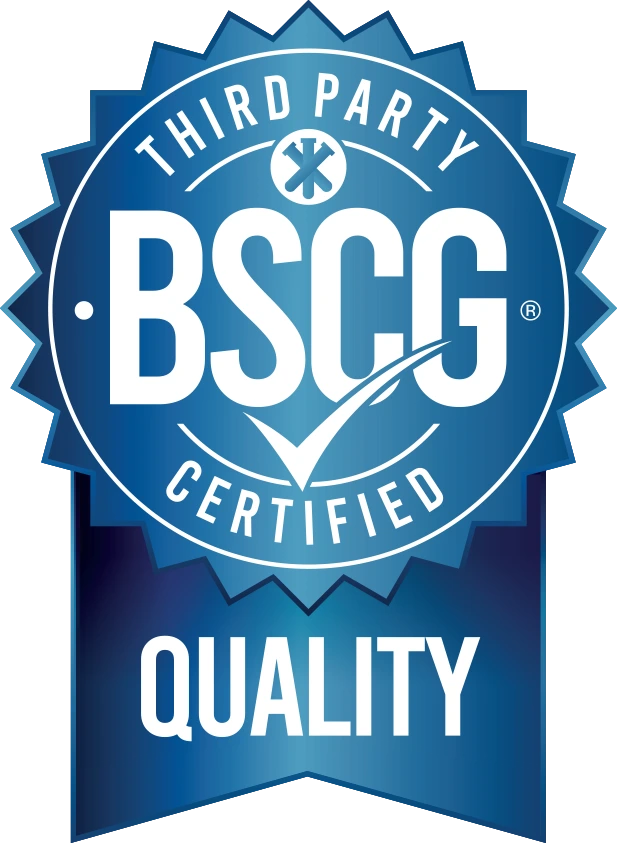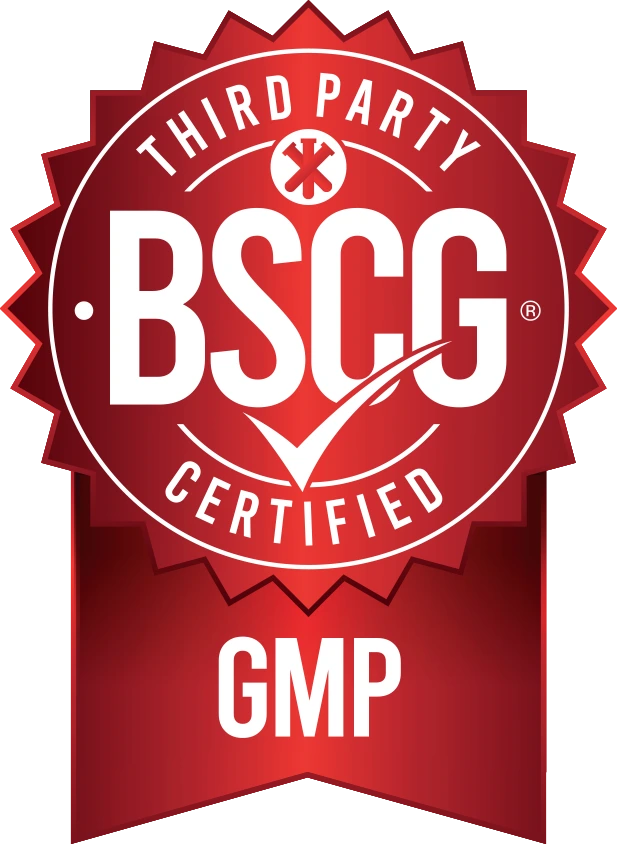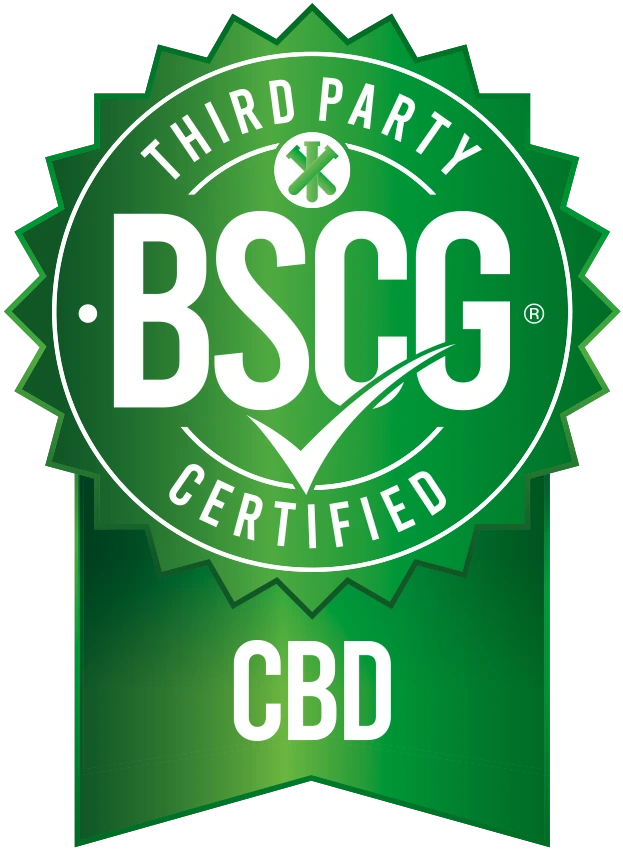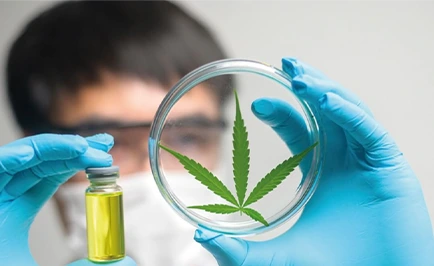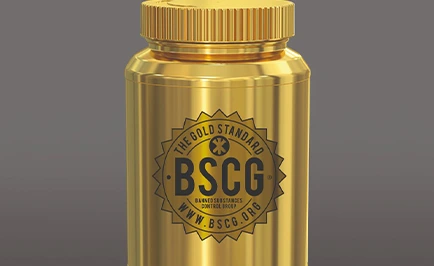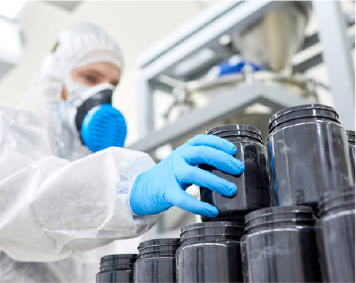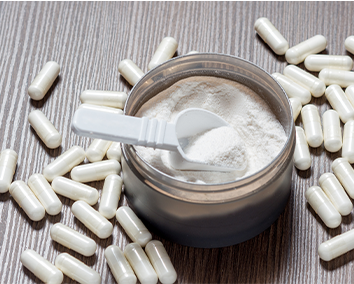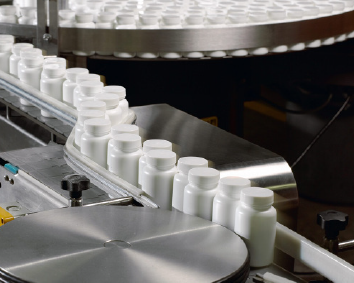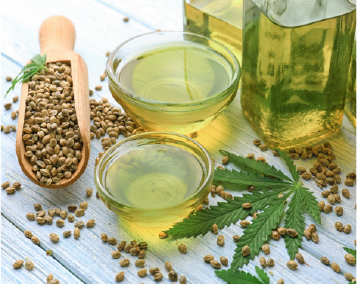CAFFEINE AND GUARANA
NCAA Drug Testing Fact Sheet for Student Athletes
November 16, 2022
College athletes need to be careful when it comes to caffeine since it is on the NCAA Banned Substances list. While moderate amounts of caffeine can improve athletic performance, too much can actually hurt athletic performance. Overload on caffeine and you will be too anxious and jittery to play and can permanently impact your athletic career if you test positive. While many NCAA student athletes use caffeine daily and don’t test positive, it is possible. Here is what NCAA student athletes, parents, coaches and others need to know about caffeine, guarana, and NCAA drug testing.
- Caffeine is not banned outright by the NCAA, rather it must be limited. To test
positive for caffeine in the NCAA
there must be more than 15 micrograms per milliliter (ug/ml, parts per million) found in a sample. i
- It takes 500 mg of caffeine to reach the 15 ug/ml NCAA caffeine limit according to the U.S. Olympic Committee Sports Cardiovascular and Wellness Nutrition (SCAN), College and Professional Sports Dietitians Association (CPSDA) and NCAA Sport Science Institute. ii iii Metabolism can vary and less may be a concern for some people.
- A statistical study in 2019 looked at caffeine levels in 7,844 urine samples from elite athletes and showed less than 0.87% violated the old World Anti-Doping Agency (WADA) threshold of 12 ug/ml. iv If this carries over to the NCAA where caffeine is banned at a higher limit of 15 ug/ml the positive rate may be even lower.
- A 2021 International Society of Sports Nutrition (ISSN) position stand on caffeine and exercise performance noted, “10mg/kg body mass orally ingested over several hours,” is needed to break the 12 ug/ml caffeine limit in Olympic drug testing. v At 4.55 mg/lb this corresponds to 500-1,365 mg for athletes in the 110-300 pound range.
- The CPSDA, SCAN, NCAA Sport Science Institute, and ISSN agree that 3-6 mg/kg body mass of caffeine can improve exercise performance while 6-9 mg/kg can lead to “overstimulation” and other negative side-effects.
- FDA caffeine guidelines,“cited 400 milligrams a day—that's about four or five cups of coffee—as an amount not generally associated with dangerous, negative effects.” vi This is also below the suggested NCAA risk level.
- Guarana is on the NCAA Banned Substances
list only as an example of caffeine; guarana itself is not banned. vii Consumption of guarana must be limited along with the more than 60 other plant sources of caffeine including coffee, tea, cocoa, yerba mate, kola nut, and guayusa. viii
- NCAA drug testing does not check for any of the specific sources of caffeine like guarana, coffee, tea, or chocolate. The NCAA tests for caffeine itself in high amounts greater than 15 ug/ml in urine.
- Energy drinks containing caffeine or guarana are impermissible for NCAA schools to provide to student athletes under NCAA Division I Bylaw 16.5.2.7 Nutritional Supplements, but they can still be consumed in moderation. ix Excessive use of any product or food containing caffeine can put student athletes at risk of a positive drug test.
- Popular energy drinks like Celsius, Redbull, Monster, Rockstar and others that contain caffeine and/or guarana are not totally banned by the NCAA. Energy drink brands can't have sponsorships with the NCAA or any schools but can be name, image, likeness (“NIL”) sponsors of individual athletes.
- Some varieties of Vitaminwater, like Energy, include caffeine and guarana, a 2009
NCAA press release
confirmed that “normal daily consumption of any of the 13 Vitaminwater varieties will not place a student-athlete at risk for testing positive for banned substances." x
- NCAA Drug Testing Program 2022-2023, NCAA Sport Science Institute. Accessed November 16, 2022, https://ncaaorg.s3.amazonaws.com/ssi/substance/2022-23/2022-23SSI_DrugTestingProgram.pdf.
- U.S. Olympic and Paralympic Committee Sports Nutrition Team, Caffeine Factsheet. Accessed November 16, 2022, https://www.teamusa.org/-/media/TeamUSA/Athlete-Services/Caffeine-Factsheet-2020-final.pdf?la=en&hash=A3D7743CE0E483210EA59558D249465538783877
- Collegiate and Professional Sports Dietitian Association (CPSDA), Caffeine and Athletic Performance, Accessed November 16, 2022, https://www.sportsrd.org/wp-content/uploads/2018/11/Caffeine_and_Athletic_Performance_WEB.pdf
- Aguilar-Navarro M, Muñoz G, Salinero JJ, Muñoz-Guerra J, Fernández-Álvarez M, Plata MDM, Del Coso J. Urine Caffeine Concentration in Doping Control Samples from 2004 to 2015. Nutrients. 2019 Jan 29;11(2):286.https://doi.org/10.3390/nu11020286PMID: 30699902; PMCID: PMC6412495.
- Guest, N.S., VanDusseldorp, T.A., Nelson, M.T. et al. International society of sports nutrition position stand: caffeine and exercise performance. J IntSoc Sports Nutr18, 1 (2021). https://doi.org/10.1186/s12970-020-00383-4
- Spilling the Beans: How much caffeine is too much?, U.S. Food and Drug Administration, December 12, 2018. Accessed November 16, 2022, https://www.fda.gov/consumers/consumer-updates/spilling-beans-how-much-caffeine-too-much
- 2022-23 NCAA Banned Substances. Accessed November 16, 2022, https://ncaaorg.s3.amazonaws.com/ssi/substance/2022-23NCAA_BannedSubstances.pdf
- Sources of Caffeine, Coffee and Health. Accessed November 16, 2022. https://www.coffeeandhealth.org/coffee-and-caffeine/sources-of-caffeine
- 2022-2023 NCAA Division I Manual, August 1, 2022. Accessed November 16, 2022.https://web3.ncaa.org/lsdbi/reports/getReport/90008
- FOR THE RECORD: NCAA Corrects Inaccurate Media Coverage of the NCAA/Vitaminwater Relationship, February 11, 2009. Accessed November 16, 2022,http://fs.ncaa.org/Docs/PressArchive/2009/For%2Bthe%2BRecord/20090211_ftr_ncaa_vitaminwater_rls.html
Understanding NCAA Drug Testing and Stimulant Regulations
In the realm of collegiate sports, the NCAA implements stringent drug testing protocols to maintain fairness and integrity in athletic competitions. Among the substances scrutinized are stimulants like caffeine and guarana, both of which can impact athletes' performance and health. Caffeine, a widely consumed stimulant, undergoes metabolism in the body, and while it's not banned by the NCAA, excessive intake can raise concerns regarding its ergogenic effects and potential side effects. Guarana, often used as a supplement for its caffeine content, poses similar considerations, as its consumption may inadvertently lead to stimulant detection beyond permissible thresholds during NCAA drug tests. Athletes must be aware of NCAA regulations concerning stimulants and understand the permissible limits to avoid inadvertent violations of anti-doping policies.
Athletes should exercise caution with stimulant intake, considering the stringent regulations enforced by the NCAA regarding banned substances. While caffeine remains legal and commonly consumed, its ergogenic effects and potential adverse reactions necessitate careful monitoring of intake levels to avoid exceeding allowable thresholds during drug testing. Guarana, often used as a natural source of caffeine, presents similar challenges, as its consumption can inadvertently trigger positive results in drug tests. Understanding the nuances of NCAA drug testing procedures, including urine analysis protocols and the detection thresholds for stimulants, is crucial for athletes to navigate the complexities of anti-doping regulations and ensure compliance with NCAA guidelines while maximizing their performance safely and ethically.
